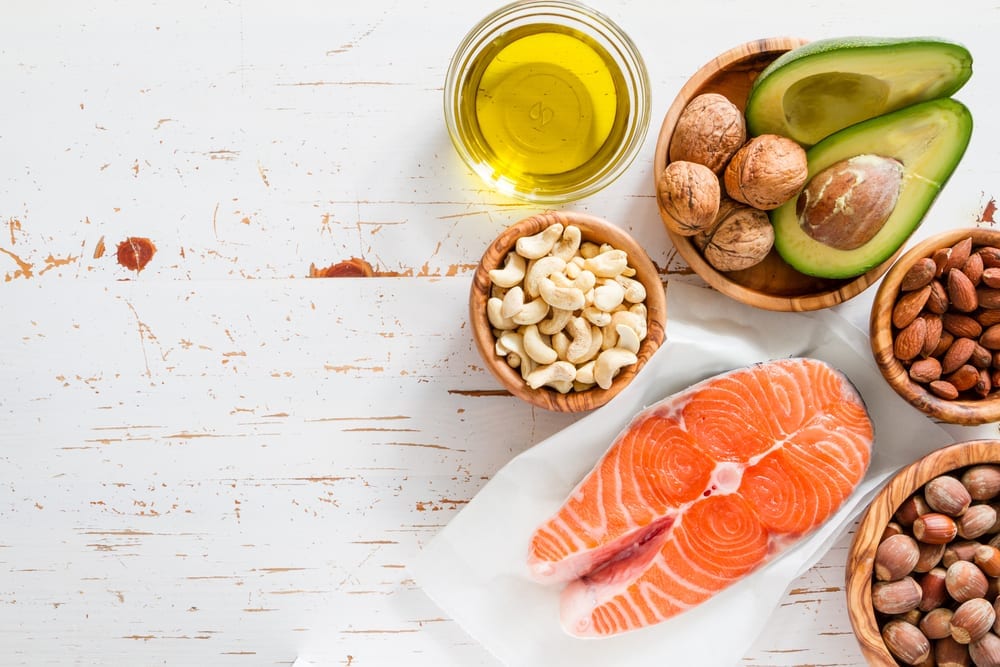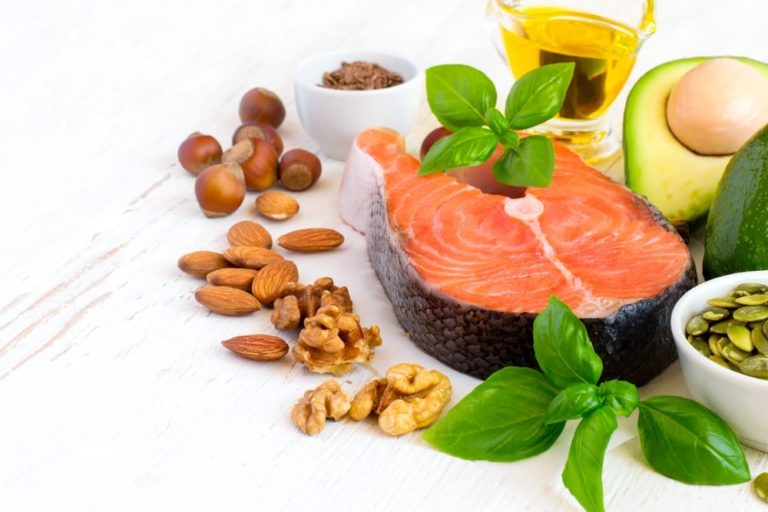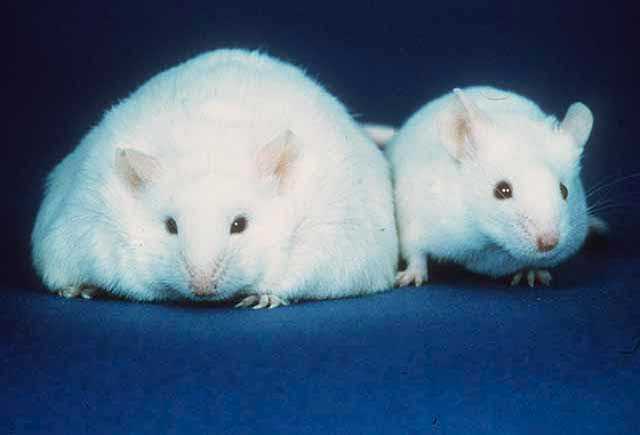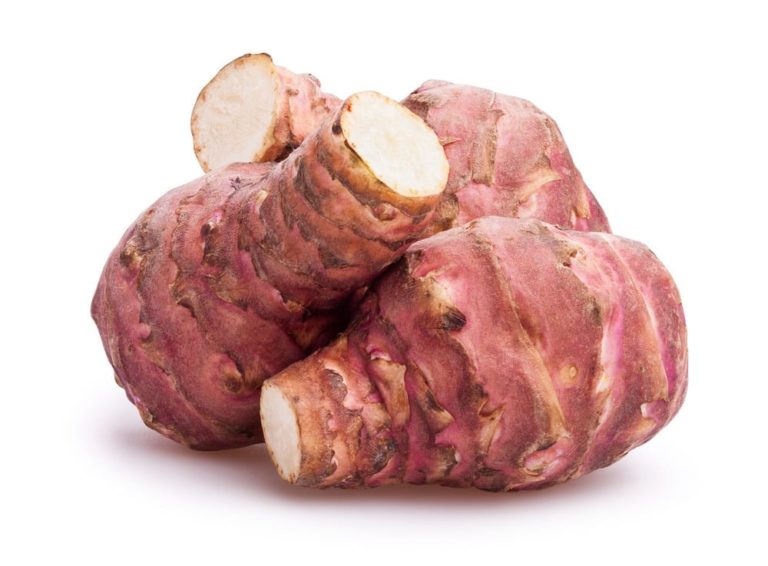Fat is a great source of energy. If you are on a low carbohydrate diet, you should by no means eat low fat. Because especially in a low carb diet, the body needs the energy from high-quality fatty acids. But not all fat is the same. Today’s Bites of Knowledge offers an overview of which fat sources are the best and which you’re better off avoiding.
Fats that you use for frying must be particularly stable. Saturated fatty acids are best suited here. They are by no means “the enemy” or unhealthy. The right saturated fats are a brilliant source of energy for an optimal supply of body and brain. While unsaturated fatty acids can become harmful trans fatty acids if heated too high, saturated fatty acids remain intact even when heated strongly. That said, you should never blacken your meat in a smoking pan.
Animal fat sources in particular are ideal for frying. Ghee (clarified butter) from pasture butter or bacon from organic pork are aromatic and make an excellent base for fried dishes. Coconut oil, an almost completely saturated fat, is also fine and stable.
If it’s essential for flavor, you can use olive oil now and then, as long as you don’t overheat the pan. However, it is better to add the oil over the dish only after frying. You should generally never put other vegetable oils in a hot pan.
2. high quality oils for refining
Sensitive vegetable oils are perfect to refine hot dishes or salads after preparation. Some oils are more suitable than others due to their fatty acid composition (e.g. omega-6 and omega-3 fatty acids). You can find our recommendations in the overview below.
Oils should always be stored in a dark, well-closed glass bottle, because the sensitive fatty acids can oxidize more easily due to exposure to light and oxygen. Under no circumstances should you store oils on the windowsill, where they are exposed to the blazing sun for hours at a time.
Of the oils that should be used rather rarely according to the overview, you should not use more than 1 tablespoon per day in total.
3. healthy sources of fat as a topping
For that extra dose of flavor and crunch, toppings on dishes are an additional option. Avocado and macadamia nuts are the best choice here. But you can also sprinkle other seeds and nuts over your dishes. Only peanuts are taboo.
Of the nuts and seeds, which according to the overview should be used rather rarely, you should eat a total of no more than a handful per day.
4. fatty sea fish and marbled meat
For fish and meat, the catch and rearing are the most important criteria. Fish should come from either organic aquaculture or sustainably certified wild catch. Cattle, pigs and poultry should eat natural food and not be fattened with grain and concentrated feed.
5. overview of different fat sources
Tip: For a better overview, hold your smartphone in landscape format or view the table on your PC.
| Usage |
Good sources of fat |
Bad sources of fat |
| For frying |
Ghee from pasture butter
Pasture butter (not too hot)
Coconut oil
Lard from organic pork
Bacon or bacon fat from organic pork
Beef tallow from pasture beef
Olive oil (rare, not too hot)
|
Clarified butter / butter from conventional milk
Coconut fat obtained chemically
Margarine
Vegetable oils except coconut oil and very rarely olive oil
hydrogenated or non-hydrogenated vegetable fat
Fats from animals from conventional farming |
| To refine |
Avocado oil
Macadamia oil
Olive oil
MCT oil
Walnut oil (rare)
Sesame oil (rare)
Pumpkin seed oil (rare)
Hemp oil (rare) |
Sunflower oil
Peanut oil
Rapeseed oil
Soybean oil
Wheat germ oil
Corn oil |
| Topping |
Avocado
Macadamia
Walnuts, hazelnuts, almonds, cashews, pecans (rare)
Sesame seeds, hemp seeds, pumpkin seeds, pine nuts (rare) |
Peanuts
|
| Fish / Meat |
Wild salmon from sustainable catch
Salmon from organic aquaculture
Tuna from sustainable catch
Sardines, herring, mackerel, carp, flounder, trout, eel, catfish in high quality
Pasture beef marbled meat
Bacon and meat from organic pork
Skin from organic poultry |
Salmon from conventional aquaculture
Salmon and tuna from trawl fishery
Meat from conventional cattle
Bacon and meat from conventional pork
Conventional poultry skin |










